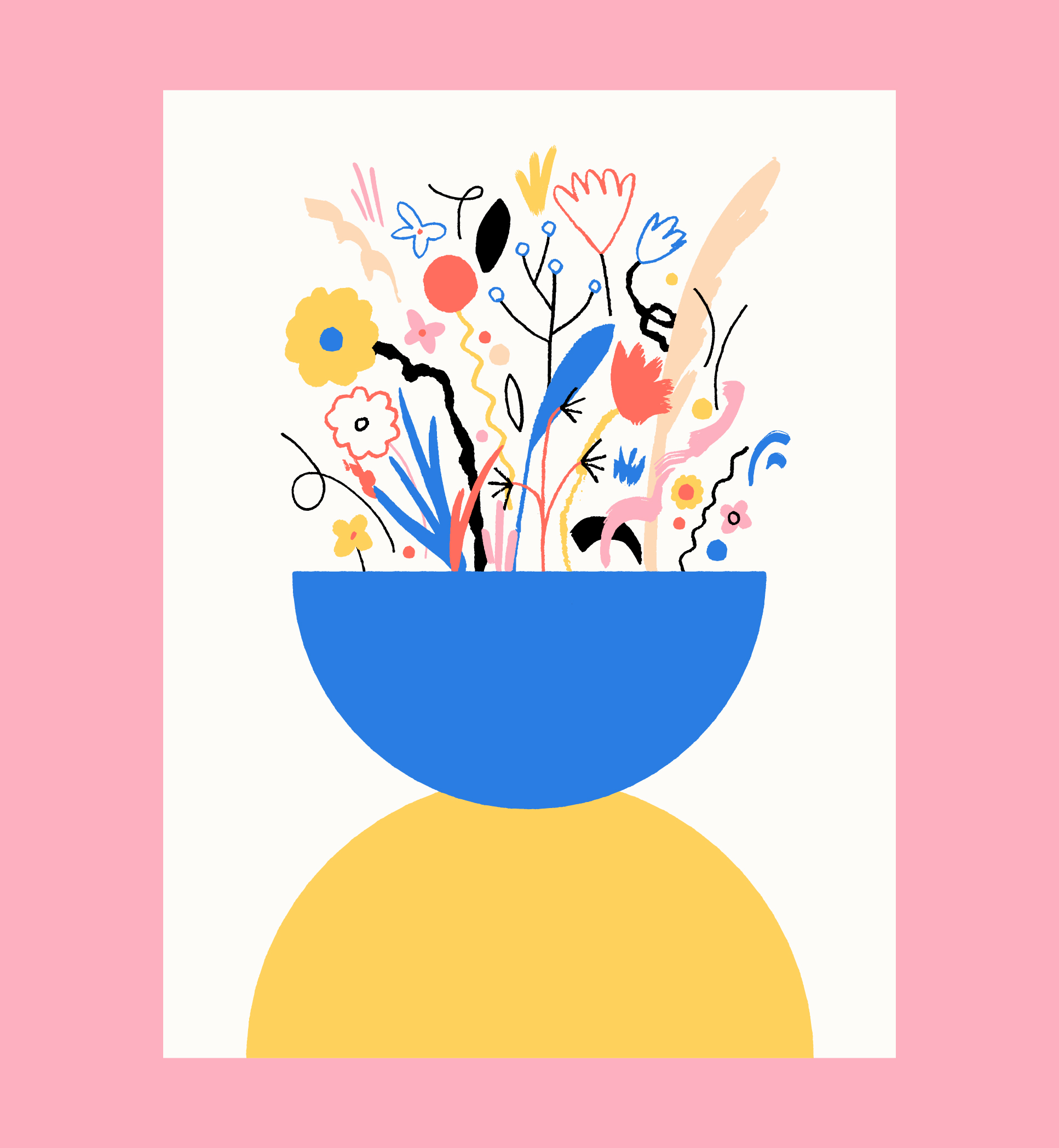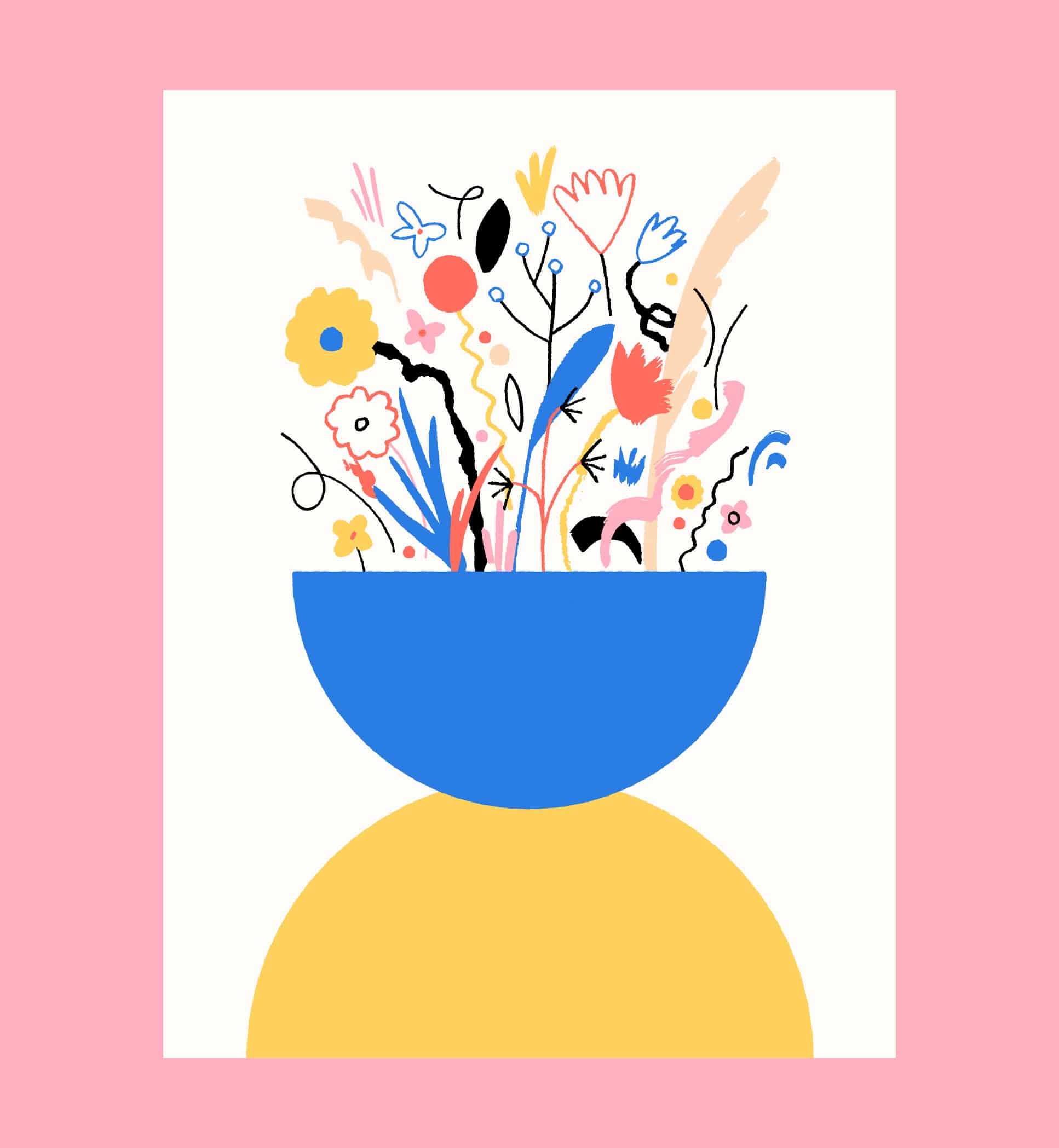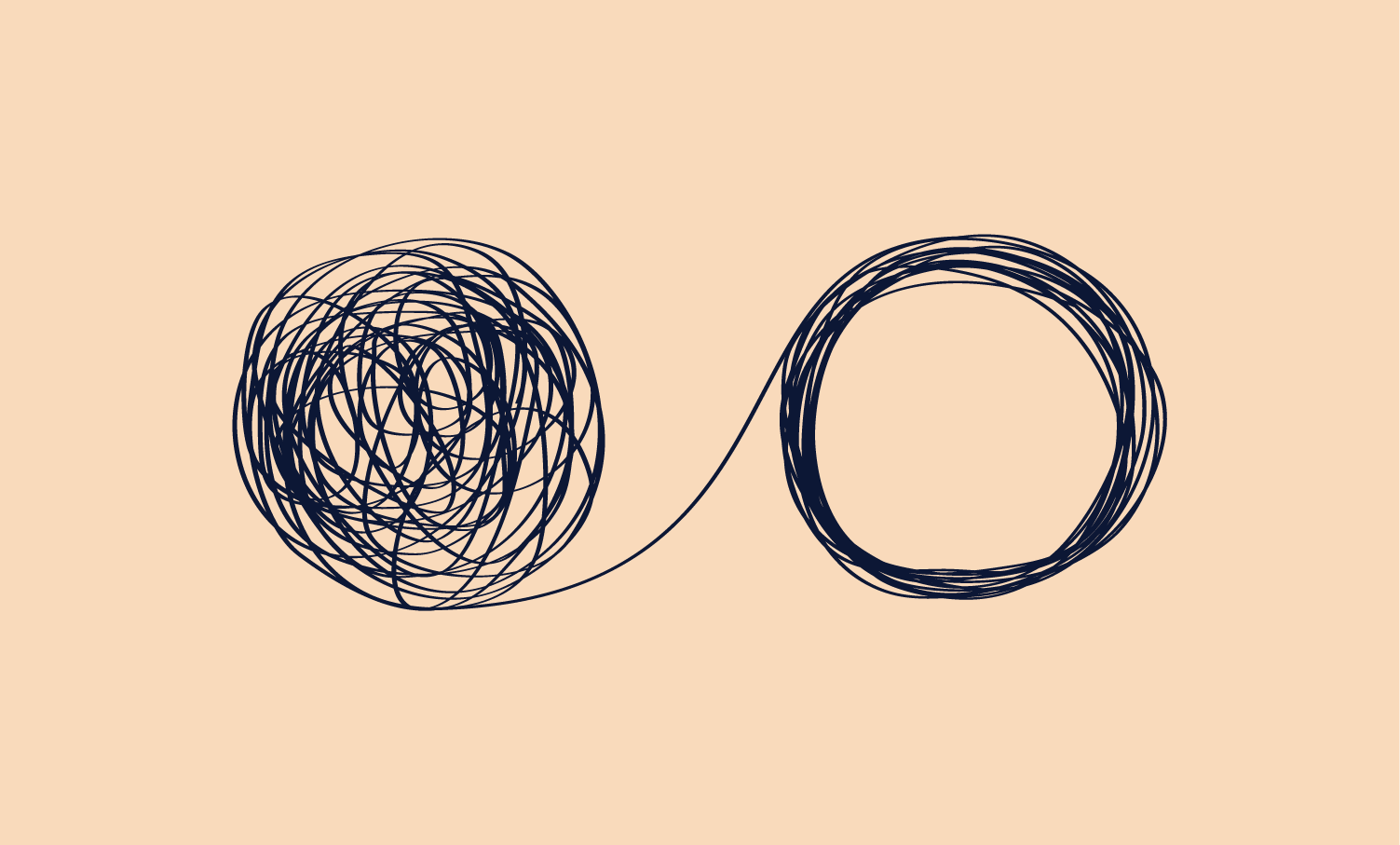
Often ‘mental health’ and ‘mental illness’ are used interchangeably in a way that they share the same meaning, but they do not. We all have mental health, just like we all have health. Approximately 1 in 4 of us will experience mental ill-health each year. It will affect the way we feel, think, behave, cope and engage in our interpersonal relationships. Mental health does not have an on/off switch, it continues as do we, moving through different phases and stages as our life moves on. Good mental health, just like good physical health, is not a given. We have to work at it. Not all of us will experience a mental illness, but each of us will at some point face challenges when it comes to our mental health. Just like we do with our physical health from time to time.

In our Notebook, with our clients and with the Self Space community, when we talk about mental health, we are talking about our mental-wellbeing: our feelings, thoughts, emotions, our ability to deal and cope with change, to solve problems and make decisions, to be flexible in the face of adversity, to communicate our needs clearly, to understand the world around us, and to hold capacity for empathy not only towards others but towards ourselves. How to look after all of this: this is mental maintenance.
Up until now, mental health has been thought about as a purely positive state of being, marked by feelings of happiness and a sense of mastery over one’s life. Let us lay down the exhausting responsibility of mastery and feeling as though we have to have it figured out at all times. Let us shift our focus away from striving for perfection and instead, in our messy and complex world, step into flexibility, curiosity and compassionate enquiry. Let us take from the wisdom that is waiting for us at ground level, from the challenges each of us face in our daily lives.
We need to make space for new and more inclusive definitions of mental well-being, as free as possible of restrictive and invalidating statements like ‘positive vibes only’, ‘other people have it much worse’ and ‘you should be grateful for what you’ve got’ -, and as close as possible to how we experience life as human beings, which can sometimes be beautiful, and at other times disgusting; sometimes calm, and at other times chaotic and seriously hard to navigate. Not just positive vibes only, all vibes allowed.
Everyday mental maintenance means not just reacting to mental illness, but taking a proactive approach to looking after our mental health and striving for mental wellness all year round.



